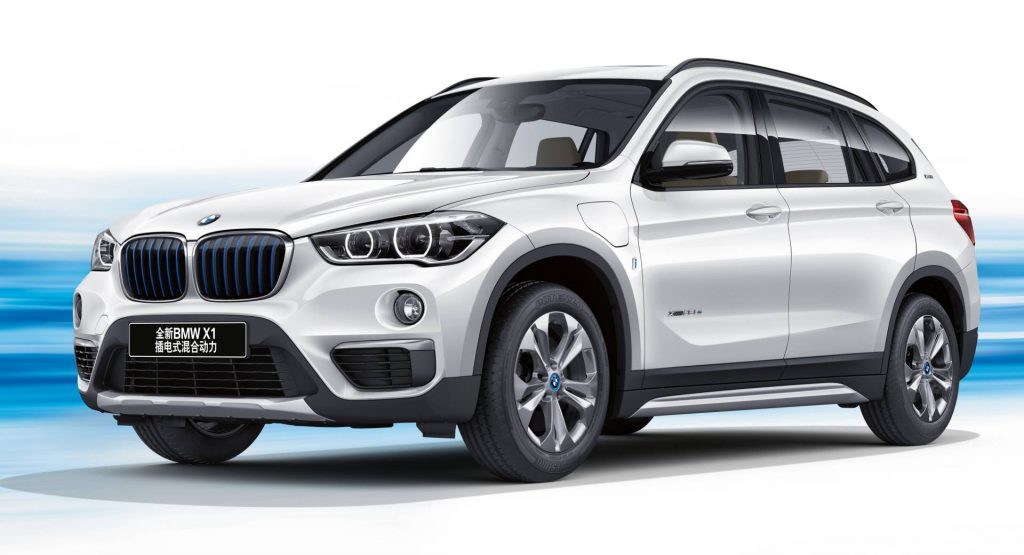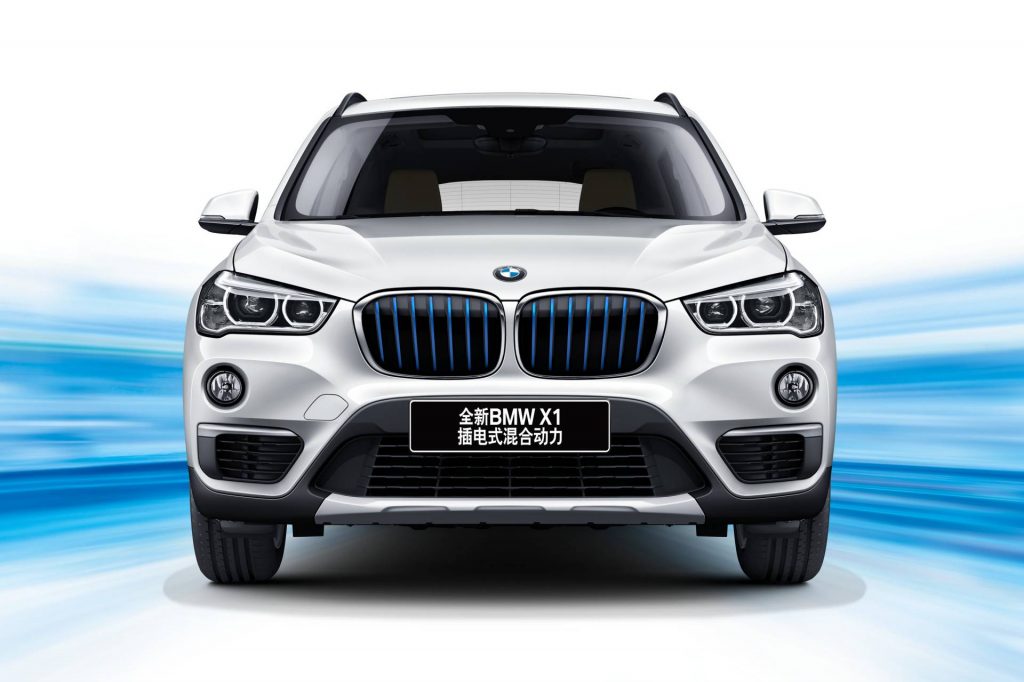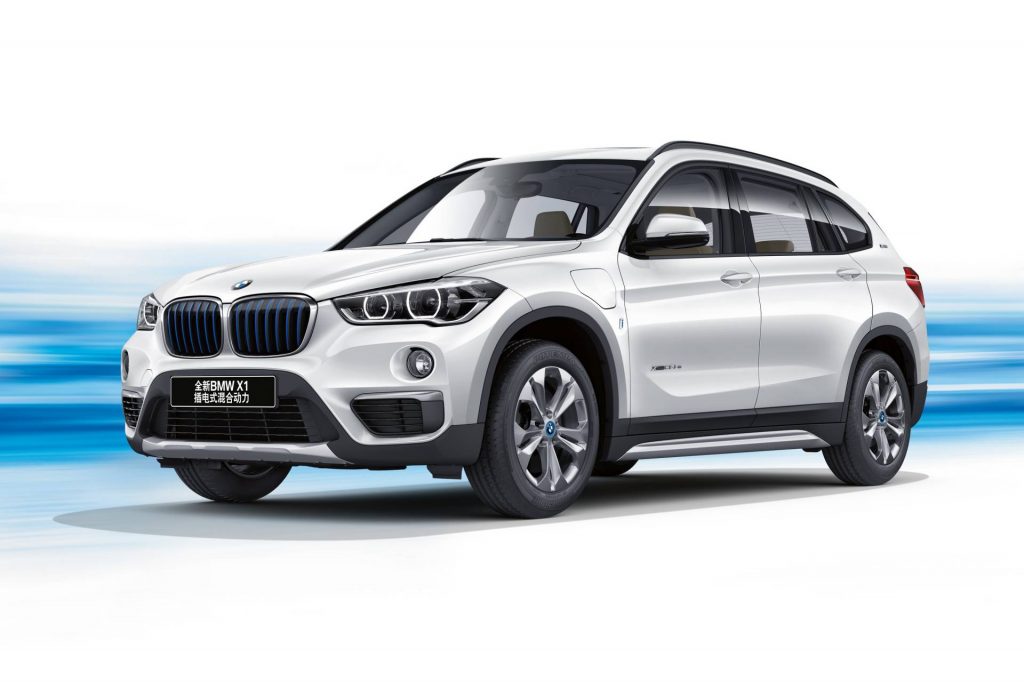BMW will bring an updated version of the X1 xDrive25Le plug-in hybrid to the Shanghai Auto Show next month.
The China-exclusive long-wheelbase BMW X1 plug-in hybrid adopts a new battery technology with a high level of energy density to achieve an EV driving range of up to 110 km (68 miles). That’s 83 percent higher than the EV range of the previous version. And there’s more: the efficiency of the new X1 xDrive25Le has also been increased by 72 percent.
BMW claims that the combined fuel consumption (NEDC) is now as good as 1.3 liters per 100 kilometers (180.9 mpg US).
The BMW X1 xDrive25Le owes these spectacular improvements to its new lithium-ion high-voltage battery. In the new battery cells, the ratio of nickel, cobalt, and manganese in the anode material is 8:1:1.
According to BMW, the expanded nickel share increases energy density, while the reduction in the cobalt component means that less rare earth material is required. Despite offering massive gains over its predecessor, the new battery is only 2.5 kg (5.5 lbs) heavier.
As before, the plug-in hybrid system of the BMW X1 xDrive25Le includes a 1.5-liter three-cylinder gasoline engine driving the front wheels, while an electric motor powers the rear axle. The combined output is 170 kW (231 PS/228 hp), with a maximum system torque of 382 Nm (282 lb-ft). Equipped with a 6-speed Steptronic transmission, the BMW X1 xDrive25Le sprints from zero to 100 km/h (62 mph) in 7.4 seconds.
Both the BMW X1 long-wheelbase plug-in hybrid and its new battery are built at BMW Brilliance joint venture’s Tiexi plant in Shenyang, China. BMW sold more than 140,000 plug-in hybrid and electric vehicles globally last year — 38.4 percent more than in 2017. The German automaker is the market leader in the premium segment of electrified vehicles in China.





